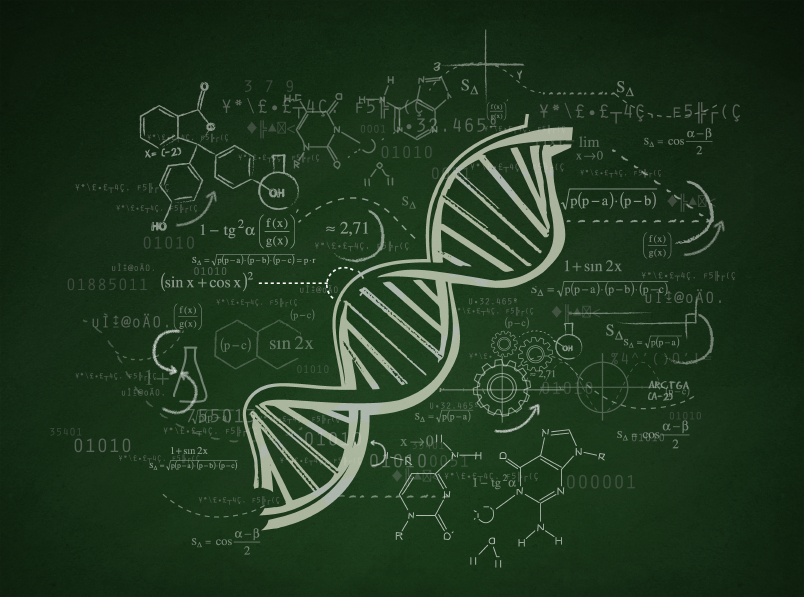In a “carte blanche” approach given to Nicolas Gompel and Benjamin Prud’homme by the French daily newspaper, Le Monde, the two geneticists question the value to be given to correlations made between sequenced data. They stated that it is nowadays possible to produce a vast amount of data in record time: thus it is possible to sequence “within a few hours, the genome of any living person involving several hundreds of millions of DNA letters”. We can “determine the activity of these genomes with unprecedented precision” and have “an exhaustive and global insight into a cell process or the genome of an organism”. Finally, links can thus be identified “between genetic information and certain biological characteristics such as the genetic predisposition to certain diseases”. For N. Gompel and B. Prud’homme, however, “these links are only correlations supported to varying degree by probabilities but not by causal relationships. […] A positive correlation between two variables does not necessarily imply that the one determines the other”.
If the correlations can be established, “can they replace the experimental approach to ignore causality tests?” As far as these geneticists are concerned, the two approaches are supplementary: “these correlations should […] be considered as hypotheses to be tried and tested. […] So far, there has been nothing to replace the rigour of experimental tests and Cartesian analysis to identify causal relationships“. Despite the fact that it can be time-consuming and particularly costly, experimentation “is still a fundamental element of understanding”.
Le Monde “Sciences & médecine” (Nicolas Gompel – Benjamin Prud’homme) 08/10/2014

